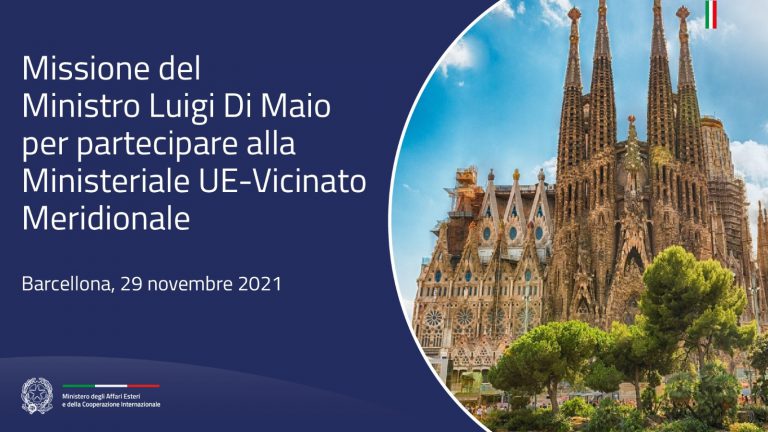The peace process, Syria and relations with Europe were the main themes of Minister Giulio Terzi’s meetings today in Jerusalem with a series of Israeli political leaders: education minister Gideon Saar and former foreign minister and probable justice minister and peace process coordinator of the next government Tizpi Livni, and national security advisor Yaacov Amidror.
Continuity in relations with new government
Speaking with Saar, Terzi confirmed the importance relations with Israel hold for Italy’s foreign policy, as well as “continuity” with the new Israeli government on principal dossiers from Atlantic relations to Italy’s commitment in the region. It was also decided that relations on bilateral themes such as science, research and economic cooperation would be intensified.
Fuelling dialogue with the Palestinians
Meeting with Livni, the minister discussed the peace negotiations, not least in light of the visit by U.S. President Barack Obama to the region scheduled to begin on 20 December. “She is very determined and willing”, Terzi reported, “to open up communication channels with European partners. We consider this the right time to give new and resolute impetus to the resumption of dialogue between Israelis and Palestinians. We will obviously have to see what the final composition of the government is, the new internal balances, and how these will affect interaction with the Palestinian leadership”. “But”, Terzi underscored, “Livni’s new appointment already bodes well”. The minister pointed out that Europe’s position on the question “is very clear: the more time passes the weaker peace prospects become, also because we know what’s happening at territorial levels”. Nevertheless, “it seemed to me that Livni is very determined and also aware of how Israeli public opinion is in favour of future peace”.
Syria: increased aid to protect the population
Regarding Syria, the foreign minister defined what has been done thus far as “satisfying”, and that this had already been confirmed at the late-February meeting in Rome. “It allows us to send more humanitarian aid, which also includes some forms of protection for the population”, he said, adding that “this does not mean sending arms, but increasing measures and equipment that allow the people to protect themselves and the forces on the ground to protect the people from vicious attacks by the Syrian air force. We intend to maintain this approach”.
The provisions are, nevertheless, to be reviewed in late May and “that will be something for in-depth debate among Europeans”, Terzi pointed out, underscoring that “what emerged from the Rome meeting, perfectly in accordance with European decisions, was strong political support for the Syrian opposition forces and concrete support for improving services to the civilian populations of the cities controlled by the opposition. The goal”, he concluded, “has been to assist this growth in the opposition’s political credibility”.


